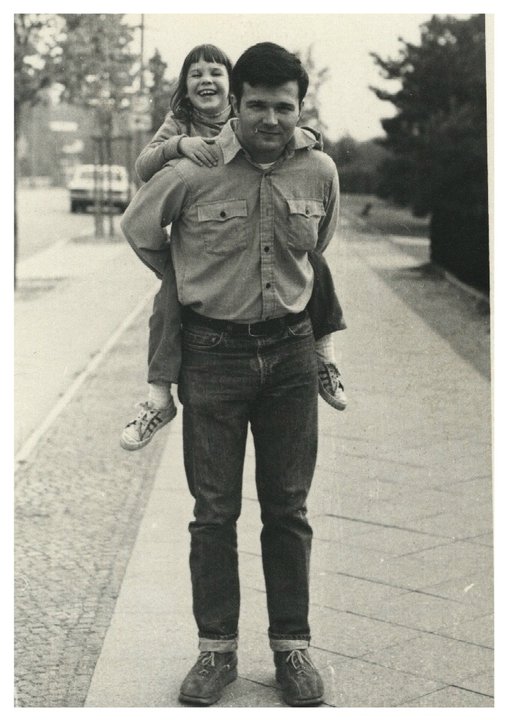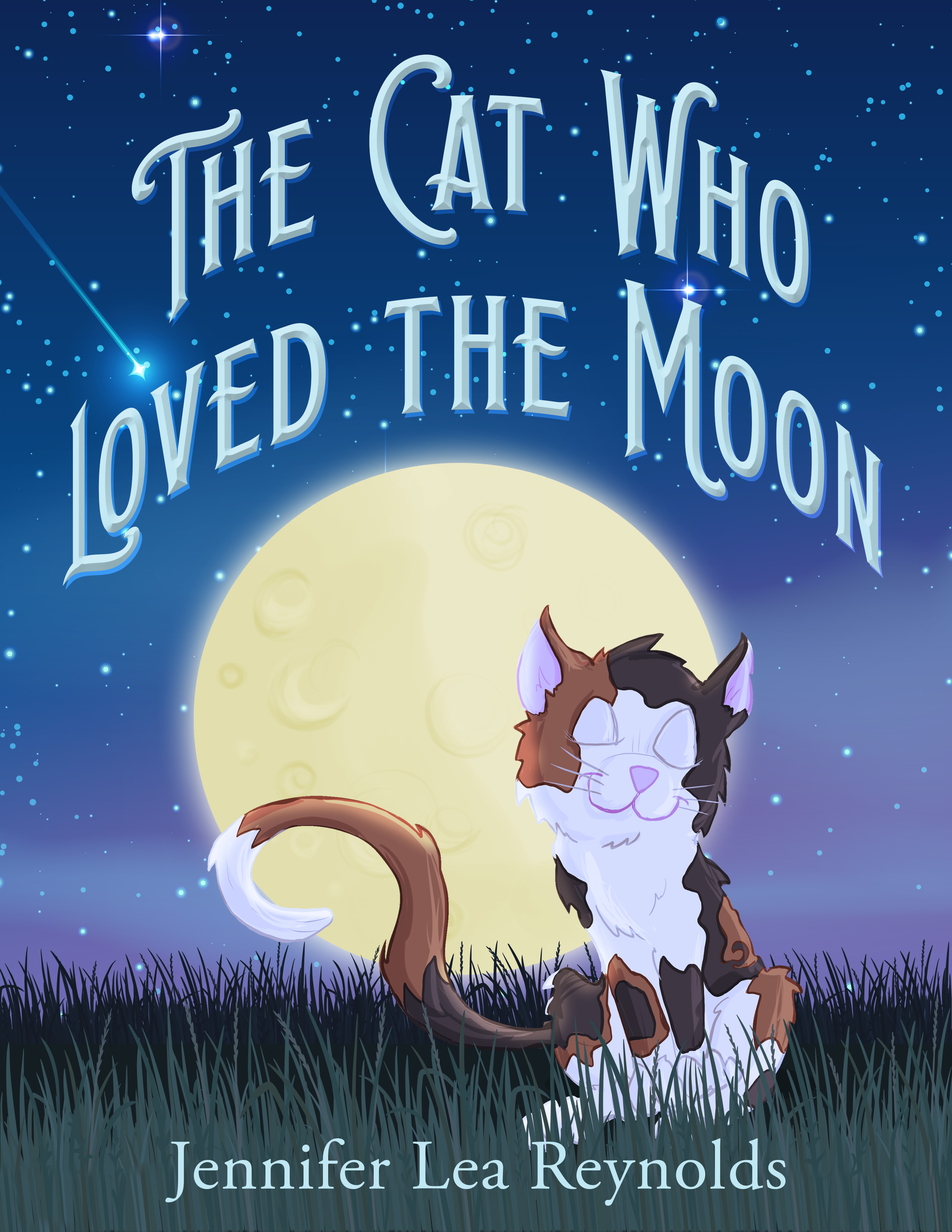We’ve heard it all before: loss changes you.
Some mourn for a year, then move on almost as though the event never happened.
Others envelope themselves in grief around the clock, immersing themselves in perpetual guilt, “what-ifs,” or the age-old, “why?” or “why so soon?”
As for me, I’ve had bursts of all of these moments ever since my father died in 2015 when he was 63.

It’s been said that in addition to having a strong network of family and friends, that it’s important to find ways to express feelings. After all, holding emotions in isn’t healthy.
As a journalist and writer, I’ve had the opportunity to express my thoughts about my father’s passing mostly through personal essays for Thrive Global and other media outlets. Sharing my thoughts in this manner is natural; I’ve worked in public relations and ad agencies writing feature articles, bios, releases, and magazine copy. In my current freelance writing position, I interview experts and write a great deal about emotional and physical health. From sleep deprivation and ADHD to nutrition and empathy, I’ve written quite a bit about health and wellness.
I also worked as a physical therapy aide and later, was a dental assistant. Currently, I’m employed at the New Hampshire Veterans Home, helping residents with activities and programs to help them enjoy their lives to the fullest.
These career dynamics, along with my father’s passing, ultimately led to my debut children’s book, The Cat Who Loved The Moon.
Writing to Help Others Find Comfort During Times of Loss
Whether through the written word or interacting one-on-one with others in a healthcare setting, a common theme always emerges in my career: helping others to thrive and live their best lives.
So, it only seemed to be a natural progression that I write my debut children’s book about finding comfort amid loss and change.
In it, Cromwell, a calico cat, is delighted that her shapes and patterns mimic stages of the moon. She loves their bond and the similarities they share, but one day, the moon slips silently away. Cromwell searches for the moon everywhere. What unfolds is a gentle lesson about love, loss, and the beauty of lasting memories. It’s an inspirational message for adults too.
We form bonds with people we love. Then, as life often unfolds as it does — full of change and unforeseen circumstances — that person might leave our side. This loss could involve a child whose parents recently divorced or a friend that moved far away. The loss may pertain to a death, a deployed military family member, or a favorite stuffed toy that went missing. Loss and change come in many forms, and this book aims to convey that what we love never truly leaves our sides; the memories always linger and loved ones — no matter how far away they may be — still look over us.
I am sure of this latter point; I’ve written about how dreams of my father help me cope with his death, for example.
The Process: Radio, Agents, Pitch Parties, Oh My!
This book was in the works for some time. The idea to write a book has always been a goal since childhood, but this particular one came to mind around 2014 or so. It evolved through the years though, and changed direction after my father passed away in 2015, ultimately becoming what it is today.
At first, The Cat Who Loved The Moon began as an idea to teach young children about shapes, patterns, and similarities.
After my father passed, I expanded on this idea. Those similarities became a metaphor for the bonds and commonalities we share with others in our life. My father and I shared a love of writing, laughing, trying to make the world a kinder place, and chocolate. For others, that bond is likely something different. But we all have them and sometimes, like my father, they leave our sides. The book is meant to touch on that change and provide a message of hope during times of loss. The light of our loved ones never fades.
In 2016, my pitch for this book was featured on a New Hampshire Public Radio (NHPR) Word of Mouth segment with former host Virginia Prescott. Titled, “How to Pitch a Book Agent,” it was one three selected from several entries. This was a huge thrill for me and fueled me with more determination than ever to make this book a reality.
From there came several interactions with agents, twitter pitch parties (yes, there is such a thing), book proposals, and endless hours of research. Although there were many “so close I could taste it” literary agent moments, I decided to shift away from pursuing the traditional publishing route and work with a publisher in my home state of New Hampshire.
Along the way, other books I read acted as motivating write-a-book factors. For example, I always recall Elizabeth Gilbert’s Big Magic: Creative Living Beyond Fear when it comes to the “but it’s been done before” notion. In it, she writes that “aspiring writers will often tell me, ‘I have an idea, but I’m afraid it’s already been done.'” She goes on to say that while it’s true that it probably has been done, “…they have not yet been done by you.”
We all have ideas.
Mine always existed, but it truly took life after my father’s death.
For that, and him, I am thankful.


